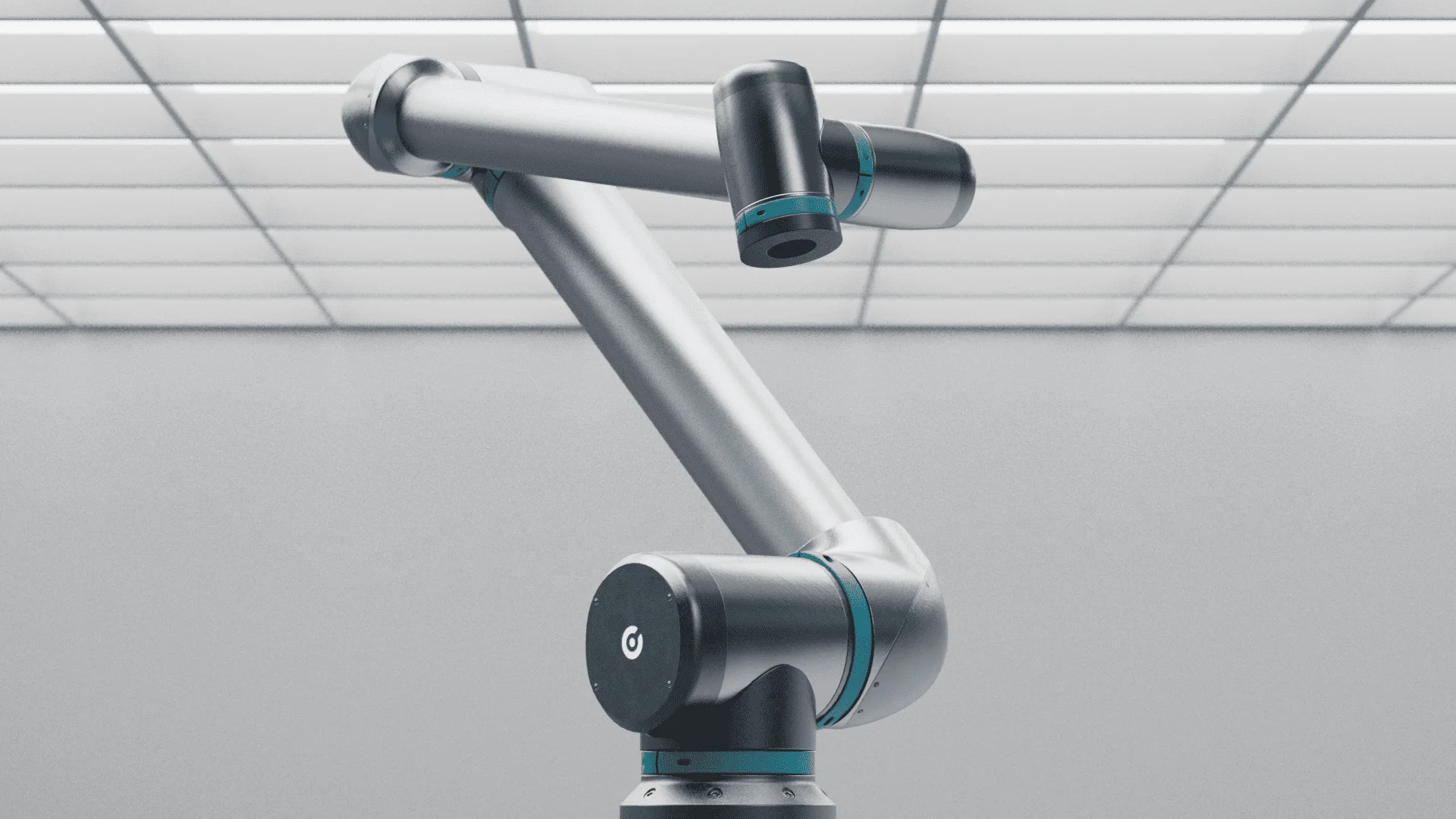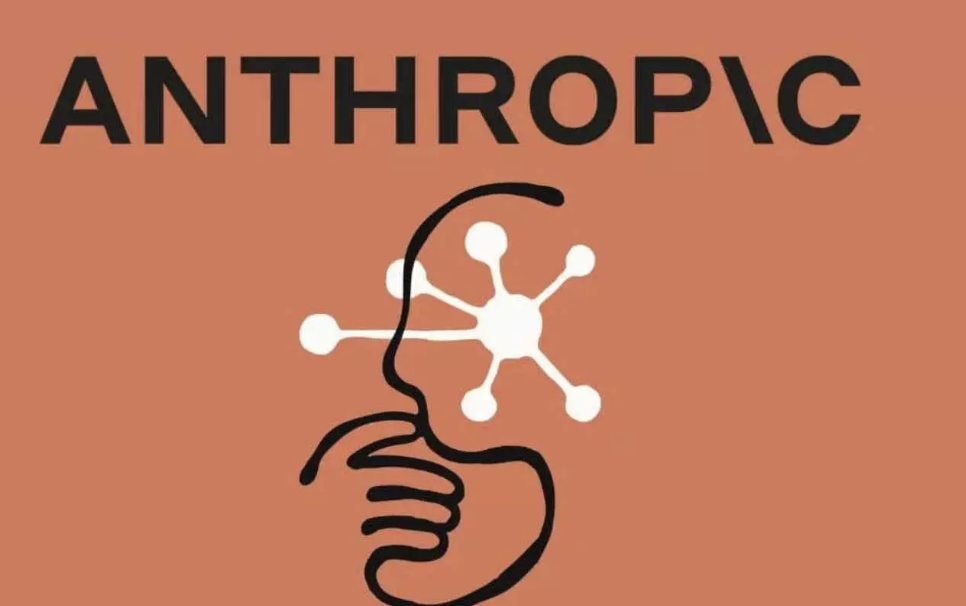In artificial intelligence (AI), a critical distinction is emerging between AI assistants and AI agents — two powerful technologies reshaping how we approach work and problem-solving. According to IBM’s Martin Keen and Amanda Downie in a recent exploration of AI capabilities, these technologies represent more than just incremental improvements; they’re fundamentally reimagining technological interaction.
AI assistants emerge as responsive tools designed to handle routine tasks with precision.
“These helpful little apps understand natural language, and they’re great for doing things like organizing information or responding to customer queries,” Keen, a Master Inventor at IBM, explained. Typically built on large language models, these assistants rely on well-defined user prompts, operating in a reactive mode — waiting for specific instructions and engaging in a back-and-forth interaction.
In contrast, AI agents represent a more autonomous approach to problem-solving. As Editorial Strategist Downie articulated, these agents “take initiative, they break down tasks and find the best way to achieve a goal.” Unlike their assistant counterparts, agents require only an initial prompt before independently designing workflows, analyzing external data, and making strategic decisions.
The practical applications of these technologies span diverse domains. AI assistants excel in customer service, chatbots, and code generation, efficiently managing repetitive tasks. AI agents, meanwhile, demonstrate prowess in more complex environments like automated trading, where they can analyze vast datasets, extract insights, and execute real-time decisions.
However, the technology isn’t without limitations. Both assistants and agents can experience challenges like prompt sensitivity and potential computational resource demands. Yet, the trajectory is promising. As Keen noted, improvements in areas like prompt tuning and fine-tuning are continually enhancing these systems’ capabilities.
The future, according to Downie, looks increasingly collaborative.
“As these technologies evolve, expect to see more synergy between assistants and agents combining their strengths to tackle both simple and complex tasks.”
What emerges is not a competition between AI assistants and agents, but a complementary ecosystem where different AI technologies work in concert, driving unprecedented efficiency and innovation across industries.






